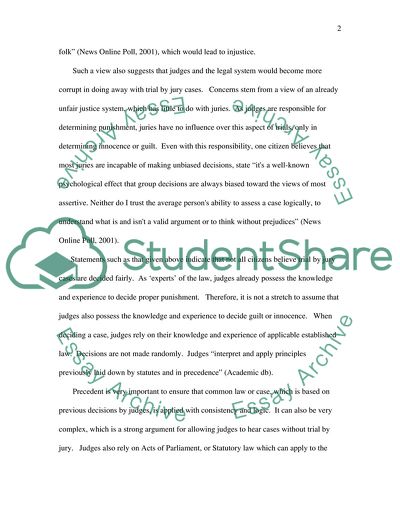Cite this document
(“UK Courts Essay Example | Topics and Well Written Essays - 1750 words”, n.d.)
UK Courts Essay Example | Topics and Well Written Essays - 1750 words. Retrieved from https://studentshare.org/law/1542001-uk-courts
UK Courts Essay Example | Topics and Well Written Essays - 1750 words. Retrieved from https://studentshare.org/law/1542001-uk-courts
(UK Courts Essay Example | Topics and Well Written Essays - 1750 Words)
UK Courts Essay Example | Topics and Well Written Essays - 1750 Words. https://studentshare.org/law/1542001-uk-courts.
UK Courts Essay Example | Topics and Well Written Essays - 1750 Words. https://studentshare.org/law/1542001-uk-courts.
“UK Courts Essay Example | Topics and Well Written Essays - 1750 Words”, n.d. https://studentshare.org/law/1542001-uk-courts.


